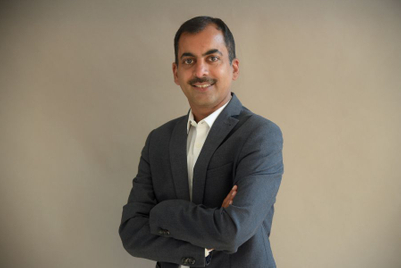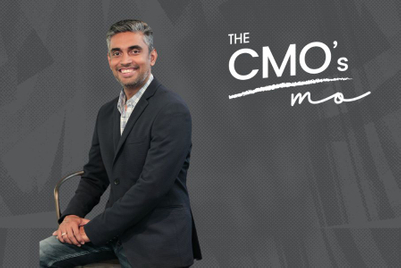
Imagine a global conversation on the role of the internet as a platform for economic growth — a meeting, where leaders in technology, media and business discuss the dynamism of the online world, and debate policies to foster innovation in technology.
Now, imagine that same gathering with one glaring omission – voices from the emerging markets that make up more than 80 per cent of the world’s consumers.
It’s hard to believe, but that was the case at the recent e-G8 Forum, which brought together some of the brightest minds in technology.
India had just one voice — Sunil Bharti Mittal, the chairman and managing director of Bharti Airtel, was in attendance. There were a few leaders from Chinese tech companies such as HTC, Sina and Huawei. But, the participants overwhelmingly were from the US and Europe. Representatives from Asia were scant. As a result, much of the discussion focused on the future of technology in the mature online markets. Little attention was paid to the online opportunities in this part of the world.
And, we’re talking about massive opportunities. India is already one of the world’s top internet markets, with more than 100 million people online. That figure is expected to almost double by 2015.
While the summit clearly overlooked the fastest growing online markets in the world, it did underline the importance of digital to economies. A McKinsey report released at the summit found the internet contributed five per cent to India’s GDP over the past five years, underlining digital’s sweeping impact on economic growth and job creation.
Interestingly, the report comes at a time when India — among other Asian markets — is debating how best to regulate the online space. The question is, how much is too much? Could India’s proposed restrictions on online content potentially hamper opportunities in its booming online market, exposing brands and media companies and stifling the growth of the country’s digital economy?
Among other things, the tough new rules require websites to remove objectionable content, including anything that’s ‘grossly harmful’ or ‘harassing’. They demand internet service providers and social networking sites bar certain types of content and holds them responsible for removing it.
Unsurprisingly, the rules have stirred up some debate — and frustration — among the internet community. Google has warned they could threaten online freedom and there’s been strong opposition from other internet companies, bloggers and tweeters. The trouble is, all user-generated contributions fall under the proposed rules, including responses to articles, images, videos, blogs and even the comments we leave on Facebook, Twitter, Rediff, YouTube, eBay and Orkut. And so any business that publishes content or aggregates it will be affected. So will brands and individuals, who use blogs and other forums.
It’s easy to see why so many digital operators, marketers and agencies are overwhelmed by the rules, which place onerous responsibility on companies to police every bit of content before it goes out. Never mind the cost to individual businesses of enforcing the rules; if passed, the regulations could have a detrimental effect on the future of digital in India, crippling the growth of social media and user-generated content.
The threat ultimately lies in the potential of the regulations to reduce the size and engagement of the portals’ audiences, and in return their attractiveness to advertisers. If usage declines, at least in the short term, the cost of online media space for advertisers may in turn be driven down.
But, if initial response from the likes of Google is anything to go by, the government may have a fight on its hands.
Atifa Silk, editor-in-chief, Campaign Asia-Pacific ([email protected])


.jpg&h=334&w=500&q=100&v=20250320&c=1)
.jpg&h=334&w=500&q=100&v=20250320&c=1)
.jpg&h=334&w=500&q=100&v=20250320&c=1)


.jpg&h=334&w=500&q=100&v=20250320&c=1)








.jpg&h=268&w=401&q=100&v=20250320&c=1)



